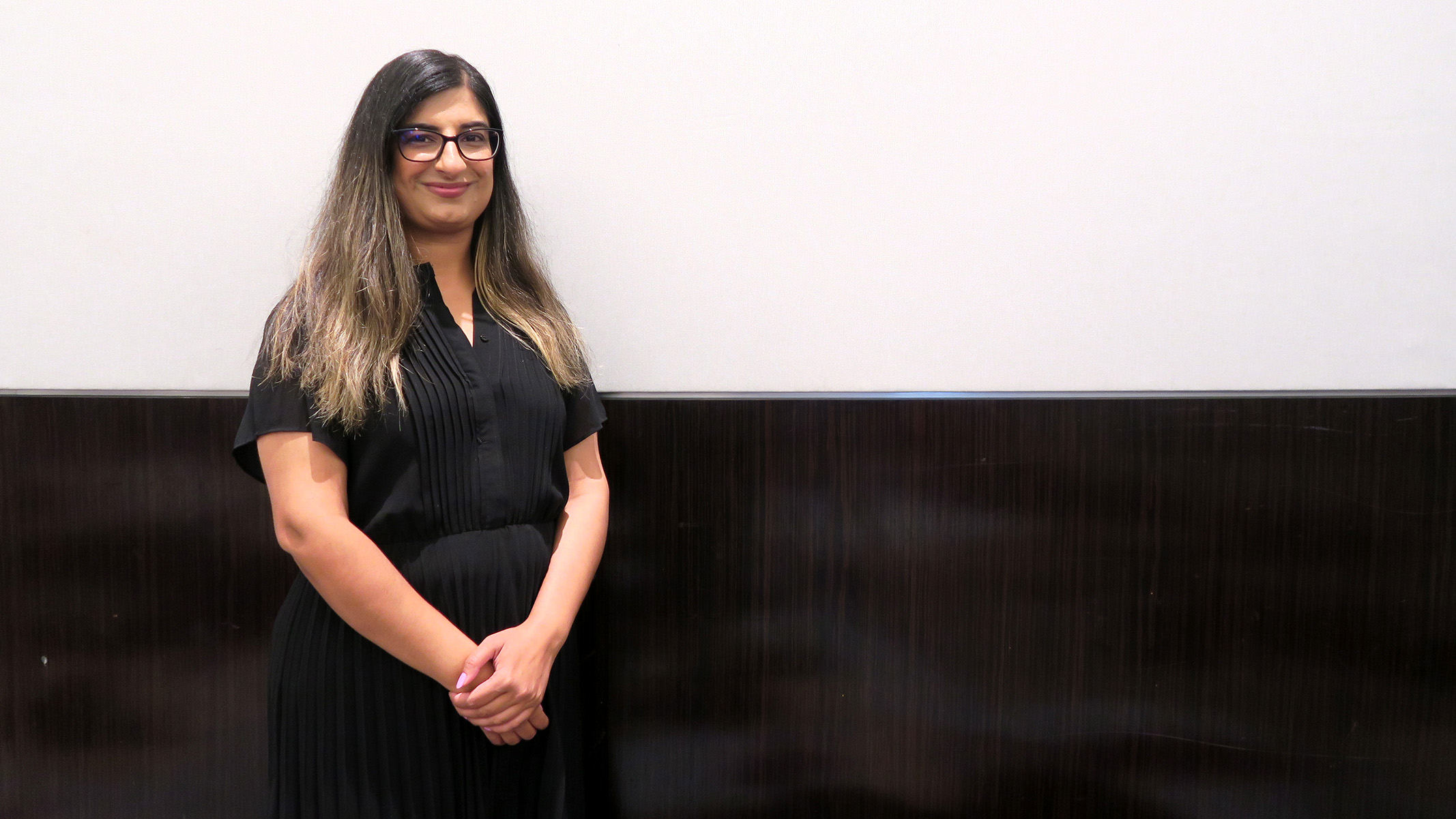Preenie's Story of #TBCourage
“Back in October of 2018, I found a lump on the right side of my neck. I just automatically knew something was wrong.” Preenie remembers thinking she might have cancer. Preenie was quickly referred to an oncologist who ran CT scans and blood tests and told Preenie that she likely had lymphoma.
“I remember breaking down because my mum went through lymphoma.” Preenie was told they would have to surgically remove the lump and have it biopsied to be sure. Preenie says that the two days between hearing that it could be a lymphoma and her scheduled surgery, “was like preparing for death.” She remembers thinking, “if this is what’s going to happen, then so be it.”

After the surgery, she was told she was cancer-free, but it took another month before she found out her actual diagnosis.
A nurse from her local public health office called her and said, “You actually have TB. You have extra-pulmonary TB in your lymph nodes.” Preenie wasn’t anticipating the next thing she was told – she had expected her treatment to be two weeks, like most other bacterial infections. Instead, she was told that the course of treatment would be nine months long. “I just remember being in denial about this,” she recalls. The very next day she started treatment, and immediately she “started feeling the side effects” of the medications. Preenie said the “nausea was the worst,” and she “felt defeated and angry because the TB wasn’t making me sick, the drugs were making me sick.” She still has videos on her phone of her “crying while taking medications because I knew that when I take these, they’re going to make me sick,” she said.
After a month of taking these medicines, the nurse came back to Preenie and told her that she had multidrug-resistant TB. This meant that instead of nine months of treatment, it would take 18 to 24 months of treatment, potentially in isolation at a TB hospital. When she started the new treatment and continued experiencing terrible side effects, Preenie remembers thinking, “It’s okay, Preenie, this medication is worth your life. You have to take this to survive.”
Preenie had about six or seven months left of her treatment when she was put in touch with We Are TB, a patient and survivor advocacy group in the U.S., where she received personal support through the group, which helped lift her spirits going through the end of treatment and to connect with others who experienced similar things and adverse reactions to medications.
Now, Preenie is also a member of We Are TB to help others going through TB and to advocate for patients and survivors.

